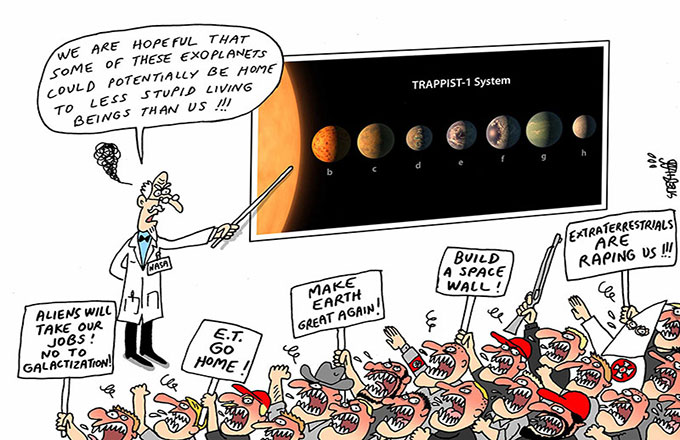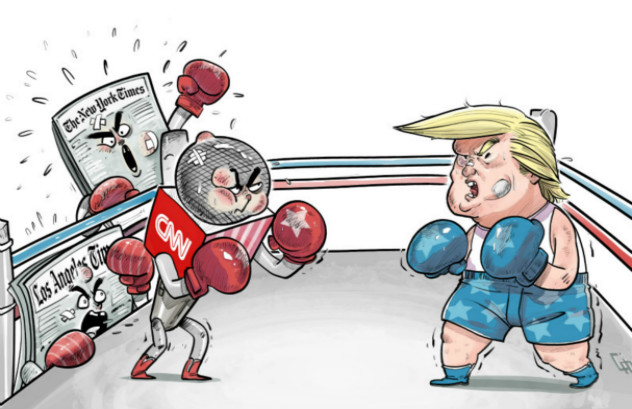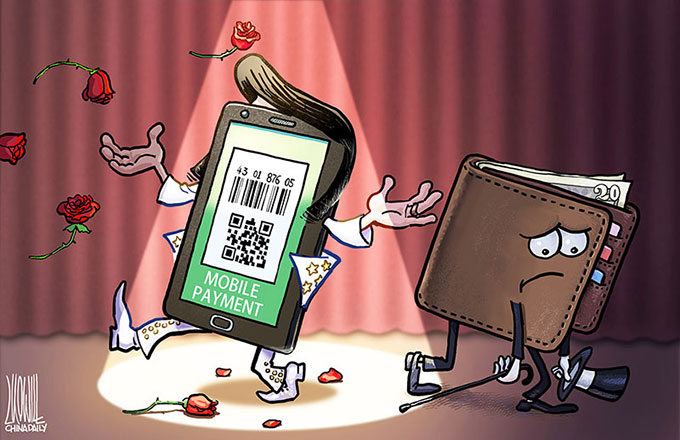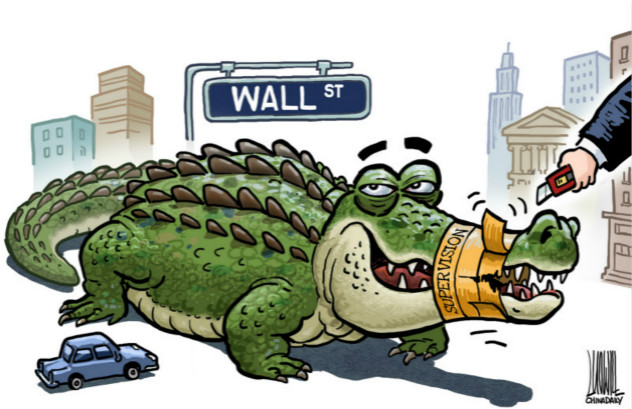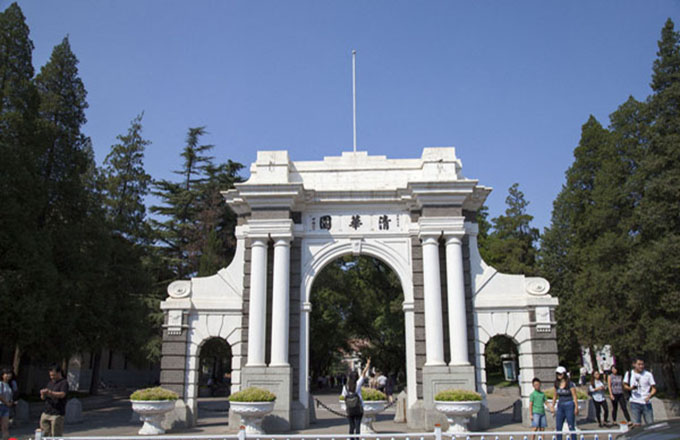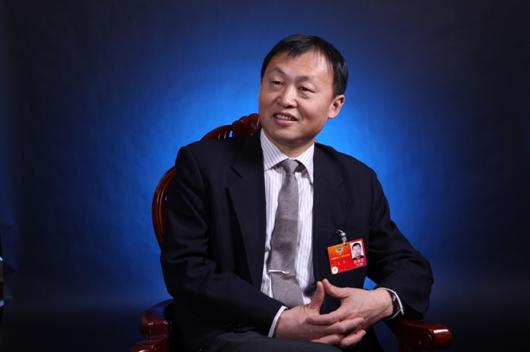Will 2017 be turning point for European integration?
Is the European Union (EU) at stake? With the rise of populist parties throughout Europe -- and the threat to the status quo they are said to represent -- it is a question that's increasingly being posed.
Almost 60 years ago, the six founding nations signed the Treaty of Rome, laying the foundations for what would later become the EU. The six wanted to "ensure the economic and social progress of their countries."
Six decades later, those ideals are under threat, with increasing political and social divisions, not only among EU member states but also within the countries themselves.
GROWING DISCONTENT
There is a growing sense of discontent within the political classes, "big business" and globalization and a weakening of solidarity within and between European countries.
In this polarized climate, are the likes of the UK Independence Party (UKIP) and Front National (FN) in France. Tempered by the UK's decision to leave the EU and Trump's anti-EU and protectionist rhetoric, the far right rallying cry is aiming to capitalize on what it sees as a political momentum in its favor.
For some, this populist phenomenon threatens law-making and cooperation among EU member states, as well as the achievements made in common projects like the euro and the single market.
But for Nigel Farage, Marine Le Pen and others of their ilk, the rise of populism is a form of "liberation."
First, there was the "Brexit deliverance", then the Trump triumph. It's all about the rebirth of the nation station, and this time, said Farage, it is "for real."
He forecast, "that's why you can all look forward to: some even bigger dramatic shocks coming in 2017. It's going to be, for nation state democrats, a very happy new year."




